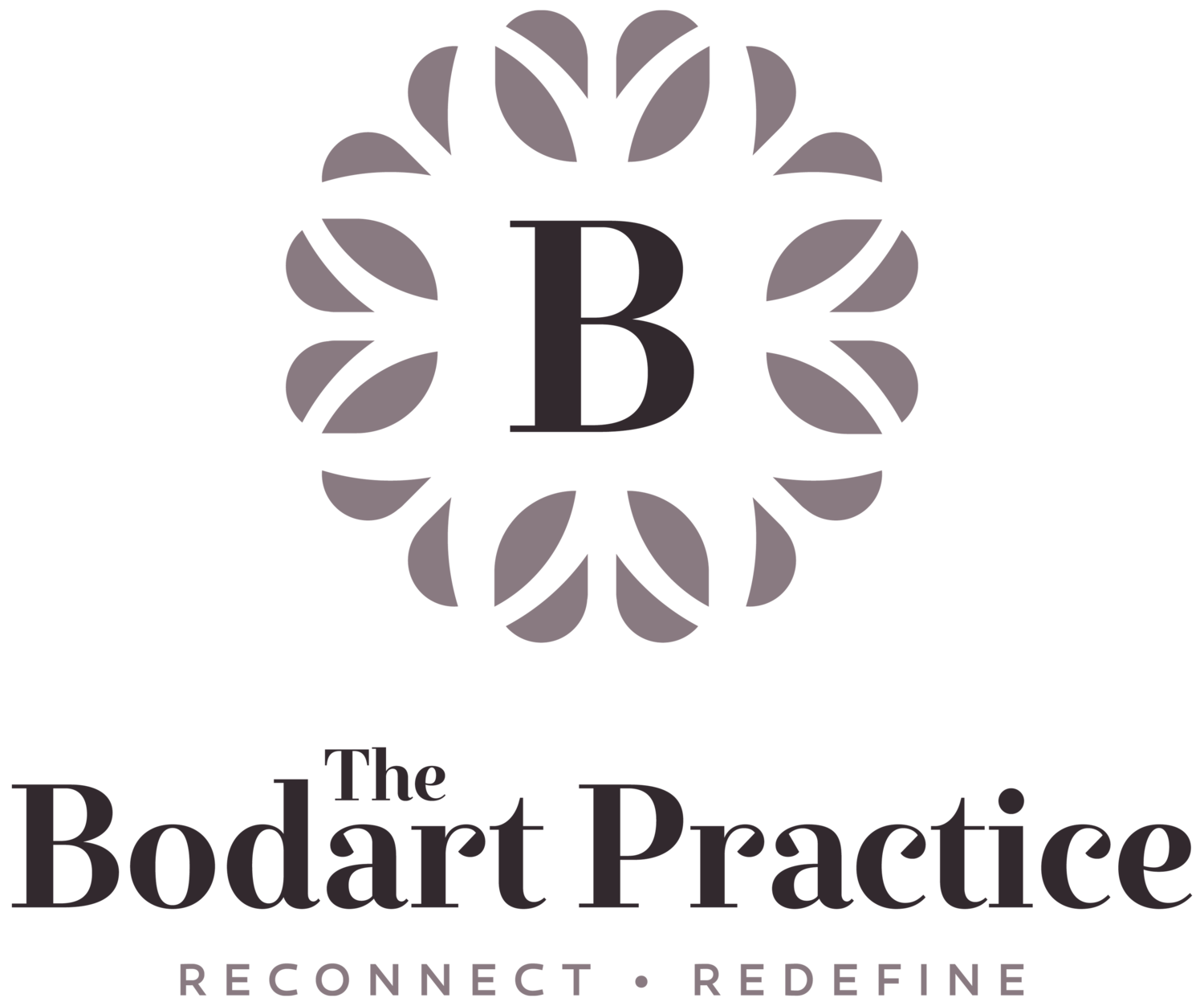Kate Delmar-Morgan, registered Nutritionist
We all know that, regardless of our understanding of a holistic approach to mental health that we feel better when we choose to eat well and exercise, perhaps in the fresh air.
Of course, part of this comes from a temporary feeling of virtue which can easily be derailed by a takeaway pizza or delayed onset muscle soreness (DOMS) caused by that first spinning class in more than a year.
But, when it comes to maintaining or regaining mental health, it is now widely accepted that a whole body approach is of vital importance. Nutritional balance is one lifestyle factor that helps to stabilise our moods, improve energy levels, and to feel well in our bodies. According to the Australian and New Zealand College of Psychiatrists Clinical Practice Guidelines, choosing our diet mindfully is “essentially non-negotiable” when it comes to moderating the effects of mood disorders.
Some studies have found a link between healthy brain structures and a healthy “prudent” (everything in moderation) diet whilst others have found substantial links between the health of microbes in our intestines to lower levels of inflammation in our immune systems- something which is known, in turn, to be linked to conditions such as depression and anxiety. The foods we eat (particularly proteins) also support the development of Neurotransmitters, which are essential chemical messengers in the body and brain. When our nutrition is out of balance it exacerbates fatigue and amplifies unwelcome feelings such as guilt when we feel we have gone off track.
In this fast paced world, making good food choices is difficult (and probably impossible) all of the time. Small but sustainable changes to your diet and lifestyle will soon have noticeable effects and make further improvements much more achievable.
Let’s look at some small changes you could make right away as you grab some groceries after work or over the weekend:
Reduce the amount of ultra-high processed food in your diet. Examples of these kinds of foods include chicken nuggets, sweetened breakfast cereals and fizzy drinks. Aim for whole food versions; seasoned chicken, jumbo soaked oats, and water with added fruits and herbs for example.
Take some tips from other regional diets. The people living in certain parts of the world tend to eat fresher food, less based on carbohydrate and red meat protein than we do typically in the West. They also tend to eat less sugary food and fewer processed items. All of these changes could improve gut health and reduce inflammation of the immune system. A Mediterranean Diet should be made up of fruit and vegetables with fish forming the main protein source. The Nordic Diet is rich in based on high intakes of cheap but tasty fish such as herring, mackerel, salmon and trout. Traditionally, Japanese food has sparingly used red meats, oils, fats, and dairy products. Rice or noodles) and a soup are included at every meal, with fish (again) being the main source of protein.
As we said before, don’t expect perfection when adopting any dietary changes- a little bit of what you fancy always does you good! Crave something sweet after dinner? A small amount of dark chocolate (over 70%) can be a great choice and contains antioxidants and minerals.
Don’t go it alone- here at The Bodart Practice we have a qualified nutritionist who can help! If you are interested in enquiring about how improved nutrition and a mindful approach to food might improve your mental health, or you would like to speak to a psychologist or therapist, please contact us for a free consultation. You can also look out on classes page for our next mood-food workshop, packed with useful information and practical tips.














